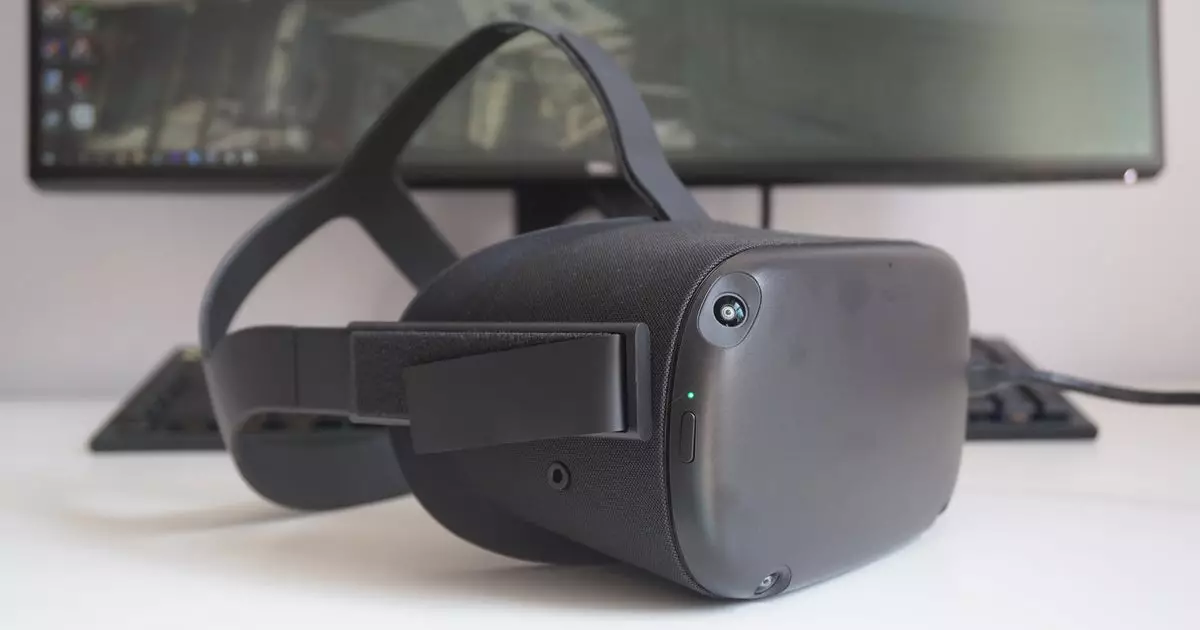The Oculus Quest 1, released only five years ago, is already facing planned obsolescence with the recent announcement from Meta. As of May, new apps released in the Quest Store will no longer be playable on the Quest 1. This decision is not based on the Quest 1’s lack of power to handle the apps, but rather because developers will no longer be able to upload them, and players using the Quest 1 won’t be able to see them.
Developers will no longer have the option to upload new apps that solely support Quest 1. Even builds for new apps that are compatible with various headsets, including Quest 1, will have the Quest 1 support blocked. This decision, announced by Meta, will be implemented on April 30th. Existing apps that currently support Quest 1 will continue to do so, but the future of new apps for the Quest 1 looks bleak.
Meta’s Strategy and User Experience
Meta’s approach to phasing out support for the Quest 1 raises concerns about the user experience. Quest 1 users have already lost access to certain social features, and the Oculus SDK ceased supporting Quest 1 back in April 2023. With the rapid release of the Quest 2 only 18 months after the Quest 1, users are left questioning the value proposition and the longevity of their devices.
Critique on Planned Obsolescence
The concept of planned obsolescence is not new in the tech industry, and even in the world of gaming consoles, generations often give way to newer models. However, the abrupt discontinuation of support for the Quest 1, a device that is relatively young, raises eyebrows. Unlike traditional console generations that offer graphical upgrades to justify the shift, the decision to render Quest 1 obsolete seems premature and lacks a clear value proposition for users.
As the Quest 1 faces its impending obsolescence, users are left questioning Meta’s motives and the future of VR technology. The timeline for the phasing out of Quest 1 support, including security updates and bug fixes scheduled to end in August, paints a concerning picture for current Quest 1 owners. The question remains: What’s next for VR enthusiasts, and will Meta’s decision ultimately benefit the VR community as a whole?
The planned obsolescence of the Oculus Quest 1 by Meta raises important questions about the sustainability and user experience of VR technology. As the tech industry continues to evolve rapidly, users must navigate the shifting landscape of hardware and software support. The fate of the Quest 1 serves as a cautionary tale for consumers and developers alike, highlighting the impact of corporate decisions on the lifespan and usability of tech devices.


Leave a Reply